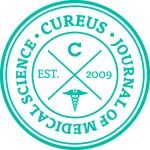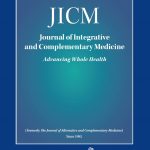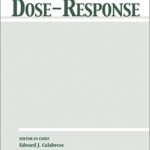T Whitmarsh
Clinical research in homeopathy: randomised, controlled or outcome studies?
Homeopathy, 2004, 93: 1-2

Much has been made of the potential role that real-world outcomes research might play in the scientific validation of homeopathy. The hope is to speak loudly to the audiences who need to be convinced of the huge contribution homeopathic medicine has to make to health care,[1] specifically the medical establishment and funders of health caregovernments and insurance organizations. The place of the blinded, randomized, controlled trial (RCT) in assessing forms of complementary therapies and homeopathy has been widely questioned, with some authors even apparently advocating the view that the time for RCTs in homeopathy is past [2] and that energy, time and money spent on this form of investigation is bound to be wasted in the long run, as single RCTs of single conventionally diagnosed medical conditions will, at most sway opinion very slightly in favour for the use of homeopathy in that particular condition, but are very unlikely to change perceptions about homeopathy as a method of helping a large number of people suffering from a very wide range of diagnoses.







